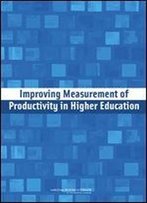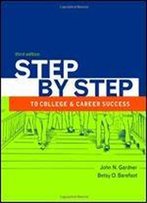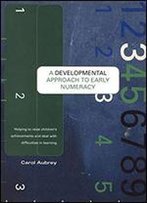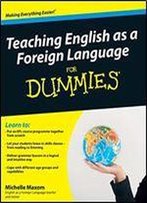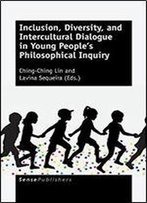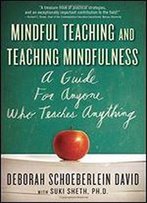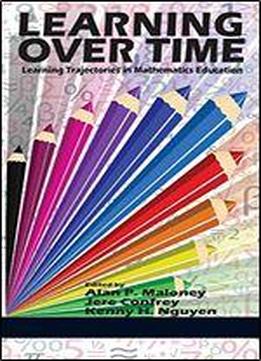
Learning Over Time: Learning Trajectories In Mathematics Education (na)
by Alan P. Maloney /
2014 / English / PDF
12.9 MB Download
The driving forces behind mathematics learning trajectories is the need to understand how children actually learn and make sense of mathematicshow they progress from prior knowledge, through intermediate understandings, to the mathematics target understandingsand how to use these insights to improve instruction and student learning. In this book, readers will come to understand what learning trajectories are, the research and methodology that are necessary for developing them, and gain insight into potential applications of learning trajectories. A synthesis and research outcome in their own right, learning trajectories provide detailed description of instructionally-grounded development of mathematical concepts and reasoning from the perspective of student learning, and, overall, building on decades of accumulated experience in mathematics education research. However, their greater importance may lie in their potential as frameworks that contribute an unprecedented coherence across classroom instruction, professional development, standards, and assessment, by focusing squarely on conceptual understanding and reasoning instead of assessment-driven procedural knowledge. This potential was sufficiently compelling as an organizing framework to have been cited as a basis for the Common Core mathematics standards, the new mathematics learning expectations that are now consistent across most of the United States. (Among the conference attendees were the writers of the Common Core State Standards for Mathematics, at the beginning of the Standards drafting process.) This book is an outgrowth of a conference on learning trajectories, hosted in 2009 at North Carolina State University, which examined research on learning trajectories. An overarching message of the chapters in this volume is that learning trajectories, by focusing on how children's mathematical reasoning develops, are coming into their own as a rigorous underpinning for both instruction and accountability. Some of the learning scientists featured in this volume have played major roles learning trajectories' evolution from small-scale day-to-day conjectures by individual teachers, to systematic research endeavors that teachers and scientists alike can use to interpret standards, plan instruction, and formatively assess student work. The work in this volume will be of interest to mathematics educators, teachers, and professional development specialists.

